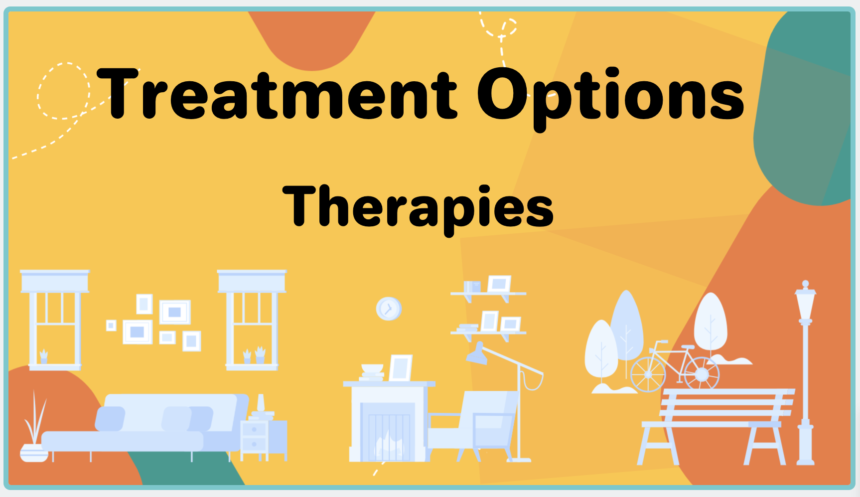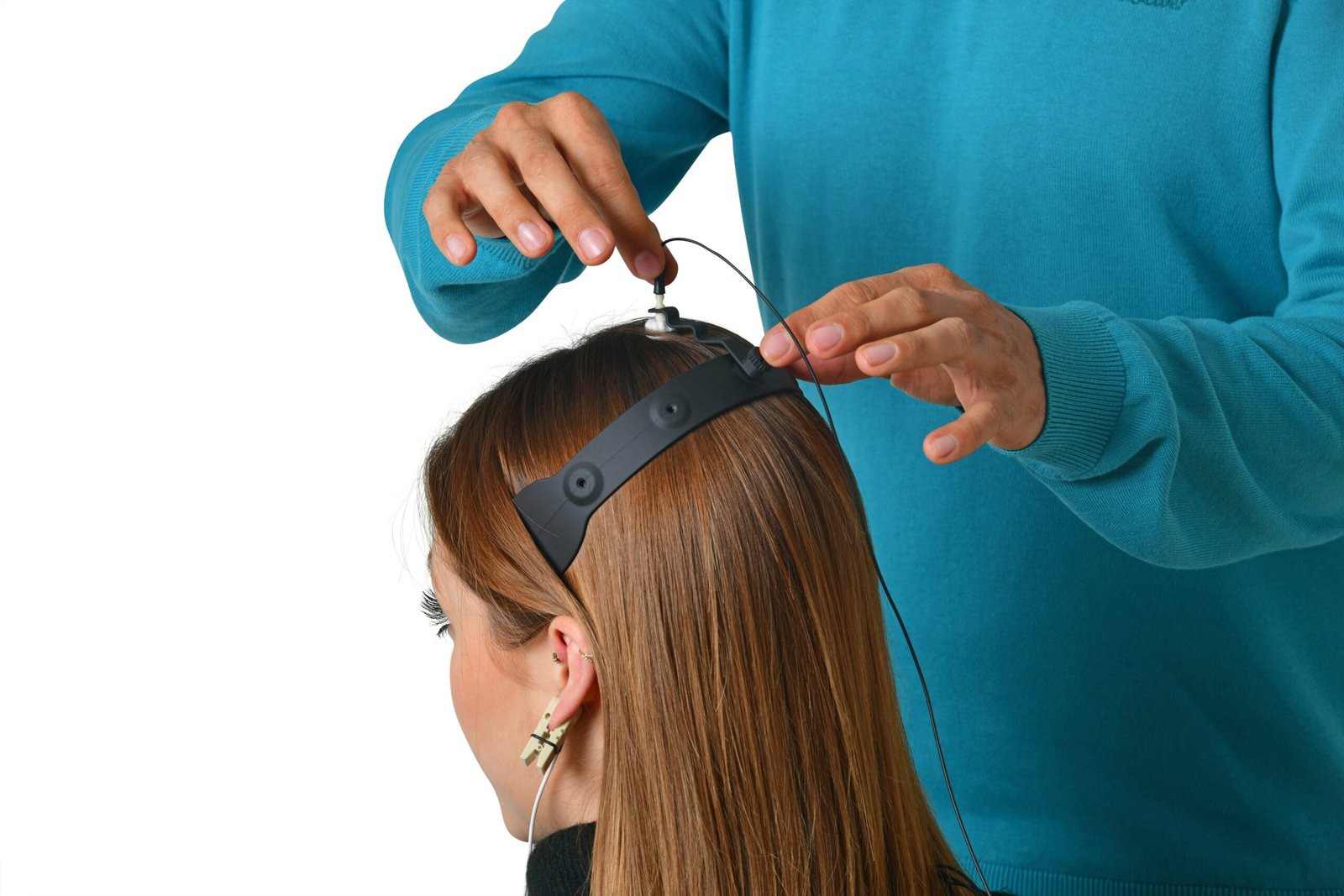NHS Talking Therapies comprise a range of psychological treatments that aim to assist individuals experiencing mental health challenges. These therapies are designed to offer support through talking, helping individuals gain insights into their thoughts and feelings. For UK military veterans, who may encounter unique psychological issues stemming from their service, these resources are especially important. The transition from military to civilian life can pose significant challenges, including social isolation, anxiety, and post-traumatic stress disorder (PTSD). Within this context, the role of talking therapies becomes crucial as they provide veterans with a safe space to address these complex emotions and experiences.
The NHS has recognized the necessity for tailored therapeutic approaches that can cater to the needs of veterans. Features such as cognitive behavioral therapy (CBT), counseling, and other bespoke interventions can significantly aid in alleviating the mental health burdens that many veterans may carry. These therapeutic options not only facilitate healing through dialogue but also empower individuals by equipping them with effective coping strategies.
Accessing NHS Talking Therapies can make a substantial difference for veterans grappling with issues like depression, anxiety, or guilt related to their service. By adopting an inclusive and veteran-focused approach, NHS Talking Therapies ensure that former military personnel receive the understanding, care, and support necessary for their recovery. As more veterans learn about the availability and benefits of these resources, the potential for improved mental health outcomes increases significantly. By understanding the relevance of talking therapies within this demographic, we can better appreciate their role in fostering resilience and psychological well-being among veterans.
Types of NHS Talking Therapies Available
The National Health Service (NHS) offers a range of talking therapies designed to support individuals experiencing various mental health challenges. Three of the most notable types include Cognitive Behavioral Therapy (CBT), counselling, and psychotherapy. Each type targets specific mental health issues and employs distinct methodologies, catering to the unique needs of military veterans.
Cognitive Behavioral Therapy (CBT) is a structured, time-limited approach that focuses on identifying and changing negative thought patterns and behaviors. It is particularly effective for treating anxiety disorders, depression, and post-traumatic stress disorder (PTSD)—issues commonly faced by veterans. By helping individuals reframe their thoughts and develop coping mechanisms, CBT empowers veterans to confront their emotional challenges and enhance their overall mental well-being.
Counselling offers a more exploratory and conversational approach, allowing veterans to discuss their thoughts and feelings in a supportive environment. It can be beneficial for those grappling with life changes, relationship issues, or grief. In this therapeutic setting, veterans can express their experiences and emotions without judgment, facilitating a deeper understanding of their mental health and encouraging personal growth.
Psychotherapy encompasses a range of therapeutic techniques that delve into emotional difficulties and past experiences. This form of therapy seeks to uncover deep-rooted issues and patterns that may affect an individual’s mental health. For veterans, psychotherapy can provide valuable insights into trauma and help develop strategies to heal and move forward. Each of these talking therapies is aimed at addressing specific mental health concerns, ensuring that veterans receive customized support tailored to their unique experiences.
How NHS Talking Therapies Benefit Military Veterans
NHS Talking Therapies play a crucial role in addressing the mental health challenges faced by military veterans, particularly those who may be experiencing combat-related stress, post-traumatic stress disorder (PTSD), anxiety, and depression. These therapies are designed to offer individualized support, creating a space for veterans to engage in open dialogue about their thoughts and feelings. By fostering communication, veterans can explore the various emotional and psychological challenges they encounter after service.
One of the significant benefits of NHS Talking Therapies is their ability to specifically target PTSD, a condition frequently associated with military experiences. Through therapies such as cognitive behavioral therapy (CBT), veterans can learn to manage their symptoms by identifying negative thought patterns and replacing them with healthier coping strategies. This approach empowers individuals, helping them regain control over their emotions and behaviors, which can significantly enhance their quality of life.
Furthermore, NHS Talking Therapies extend their reach beyond PTSD to address anxiety and depression, prevalent conditions among those who have served in the military. By participating in these therapies, veterans report a reduction in feelings of isolation and distress. This reduction is essential, as many veterans may feel disconnected from civilian life and struggle with feelings of loneliness. Additionally, these therapies emphasize building resilience and promoting overall mental well-being, equipping veterans with tools to face future challenges.
Another advantage of NHS Talking Therapies is their accessibility. With a variety of services available across the UK, including face-to-face sessions and online support, veterans can access help at their convenience. This flexibility is vital, as it allows individuals to pursue treatment in an environment where they feel most comfortable. In summary, NHS Talking Therapies are instrumental in supporting military veterans, aiding them in their journey towards recovery and enhancing overall emotional and mental health.
Who is Eligible for NHS Talking Therapies?
NHS Talking Therapies are available to individuals experiencing mental health challenges. To be eligible for these services, applicants must meet certain criteria, primarily related to age and residency. Generally, individuals aged 18 years and over can access NHS Talking Therapies; however, some services may be available for adolescents aged 16 and 17, depending on local commissioning arrangements. Residents of the UK, including those in England, Wales, Scotland, and Northern Ireland, are entitled to apply for these therapies, provided they are registered with a local General Practitioner (GP).
For military veterans, there are additional considerations regarding eligibility. The NHS recognizes that veterans may experience unique mental health challenges stemming from their military service, leading to the provision of specialized services tailored to their needs. Veterans can access these talking therapies regardless of their status, whether they have been recently discharged or have served in the past. It is essential for veterans to understand that while they may self-refer to local NHS Talking Therapies, some programs may also require a referral from a healthcare professional, such as a GP or a charity representative familiar with veteran services.
Despite the accessibility of these therapies, potential barriers to access exist. For instance, insufficient awareness of available services, stigma associated with seeking mental health support, and the challenge of navigating the referral process can impede veterans from utilizing these resources. Therefore, it is strongly recommended that veterans engage with organizations that specialize in supporting former service members, as they can provide guidance and assistance in accessing NHS Talking Therapies. Ultimately, understanding the eligibility criteria is key to ensuring that military veterans receive the support they need to manage their mental health effectively.
How to Access NHS Talking Therapies
Accessing NHS Talking Therapies is a crucial process for UK military veterans seeking mental health support. The journey typically begins with a visit to a General Practitioner (GP). Veterans are encouraged to schedule an appointment, during which they can discuss their mental health concerns and express their interest in talking therapies. It is beneficial to come prepared, as clearly outlining specific symptoms or experiences can aid the GP in understanding the veteran’s needs.
During the appointment, the GP will assess the situation and may recommend NHS Talking Therapies which include services such as cognitive behavioural therapy (CBT), counselling, or other psychological interventions. If the GP agrees that talking therapies are appropriate, they will refer the veteran to a suitable provider. The NHS protocol usually involves completing a referral form that includes relevant personal and medical information. This forms a part of the official record for the healthcare providers involved.
For veterans who may feel uncomfortable visiting a GP or would prefer an alternative route, self-referral is an option in many areas. Most NHS Talking Therapies services allow individuals to directly access support without needing a referral from a GP. This can typically be done through the respective NHS Trust’s website, where veterans can find contact details for local services and online referral forms. It is important to check the specific provisions available in their locality, as services may vary by region.
Another alternative is to connect with veteran-specific organisations, which often provide guidance on accessing NHS services. They can offer signposting and connect veterans with the appropriate resources for therapy support. Armed with this step-by-step knowledge, veterans can confidently navigate the process of accessing NHS Talking Therapies to address their mental health needs.
What to Expect During Your First Session
Entering the realm of NHS Talking Therapies can be a significant step for military veterans seeking support for their mental health. During your first session, it is essential to know what to expect, as this familiarity can alleviate some initial anxiety. Typically, the session will last about 50 minutes and will be structured to ensure that you feel comfortable and understood.
Your therapist will begin the session by introducing themselves and outlining the structure of the meeting. They will invite you to share your experiences and feelings, providing a safe space for open communication. The role of the therapist is to listen actively, validate your emotions, and guide you through the process of exploring your mental health concerns. It is important to remember that this session is not primarily about diagnosing but rather understanding your needs and perspectives.
Common Misconceptions About Talking Therapies
Talking therapies, often referred to as psychological therapies or counseling, are frequently misunderstood, which can deter individuals from seeking the help they need. One significant misconception surrounds the stigma associated with therapy. Many veterans believe that admitting to struggling emotionally could be seen as a sign of weakness. However, it is essential to recognize that talking therapies are a valuable tool for enhancing mental health, just as physical health treatments are vital for physical ailments. The process of seeking help demonstrates strength, courage, and a commitment to personal well-being.
Another prevalent myth involves the perceived effectiveness of talking therapies. Some may assume that because therapy sessions involve discussion rather than medication or more overt forms of treatment, they are less effective. Contrary to this belief, numerous studies indicate that talking therapies can provide substantial benefits. Therapies such as Cognitive Behavioral Therapy (CBT) have proven particularly effective for conditions such as post-traumatic stress disorder (PTSD), anxiety, and depression, which are common among military veterans. Effectiveness is often tied to the individual’s commitment to the process, making the relationship between the therapist and the client a critical factor.
The nature of therapy itself is also commonly misconceived. Individuals often imagine therapy as a long, drawn-out process that is only for those with severe mental health issues. In reality, talking therapies are available for various emotional challenges and can be tailored to fit individual needs, with many sessions leading to resolution in relatively short periods. It’s vital for veterans to understand that engaging in therapy does not necessitate being in crisis; rather, it can serve as a proactive approach to maintaining mental health. Addressing these misconceptions is crucial for veterans considering NHS Talking Therapies, as it paves the way for a more informed perspective on the support available to them.
Success Stories: Veterans Who Have Benefited
The journey towards mental well-being can often be a challenging one, particularly for military veterans who may struggle with experiences unique to their service. However, numerous veterans have leveraged NHS Talking Therapies, finding immense benefit in these services. One such veteran, Mark, served in the army for over a decade and encountered significant difficulties readjusting to civilian life after his deployment. Mark began experiencing symptoms of anxiety and depression, which prompted him to seek help through the NHS. Upon engaging with a talking therapy provider, he reported that the therapeutic conversations not only offered him a supportive environment to express his feelings, but also provided him with effective coping strategies. He noted that he felt a considerable reduction in anxiety levels and improved overall well-being, largely attributing this transformation to the NHS Talking Therapies.
Another veteran, Sarah, struggled with post-traumatic stress disorder (PTSD) following her experiences in combat zones. Initially hesitant to seek assistance, she ultimately reached out to the NHS and commenced cognitive behavioral therapy (CBT). The professional guidance she received helped her process her traumatic memories and learn how to manage her symptoms constructively. Sarah emphasized that her therapist equipped her with skills to handle potential triggers, leading to a substantial improvement in her daily functioning and quality of life. She now advocates for NHS services, encouraging fellow veterans to prioritize their mental health.
These success stories exemplify the positive impacts that NHS Talking Therapies can have on veterans’ lives. Through the unique experiences of individuals like Mark and Sarah, it becomes evident that these therapies not only facilitate recovery but also empower veterans to reclaim their lives. These narratives serve as powerful reminders of the importance of seeking help and the transformative potential of professional support.
Additional Resources and Support for Veterans
While NHS Talking Therapies provide essential mental health support for UK military veterans, it is important to acknowledge that there are numerous additional resources available that can further aid in their recovery journey. Veterans seeking support may benefit from a wide range of helplines, organizations, and online resources tailored specifically to their unique experiences and challenges.
One crucial resource is the Veterans’ Gateway, a comprehensive service that connects veterans to support services across the UK. They offer advice on a variety of topics including mental health, housing, and employment, ensuring veterans receive holistic support tailored to their needs. Furthermore, their helpline operates 24/7, guaranteeing that veterans have timely access to assistance whenever they need it.
Another valuable organization is Help for Heroes, which provides a myriad of support services aimed at veterans and their families. Their services encompass everything from mental health support to physical rehabilitation, thus promoting a well-rounded approach to recovery. Through workshops, community activities, and dedicated support teams, veterans can explore avenues for improving their well-being beyond traditional therapy.
Additionally, the Samaritans helpline serves as a vital resource, offering confidential support 24 hours a day. This service can be particularly beneficial for veterans who may be experiencing immediate emotional distress, acting as a bridge to further therapeutic interventions.
Online platforms like Big White Wall also offer peer support and resources that can complement NHS therapy. This digital service provides a safe space for veterans to share their experiences and access therapeutic resources at their convenience. Integrating these resources alongside NHS Talking Therapies can create a comprehensive support network for veterans, fostering resilience and promoting recovery.






